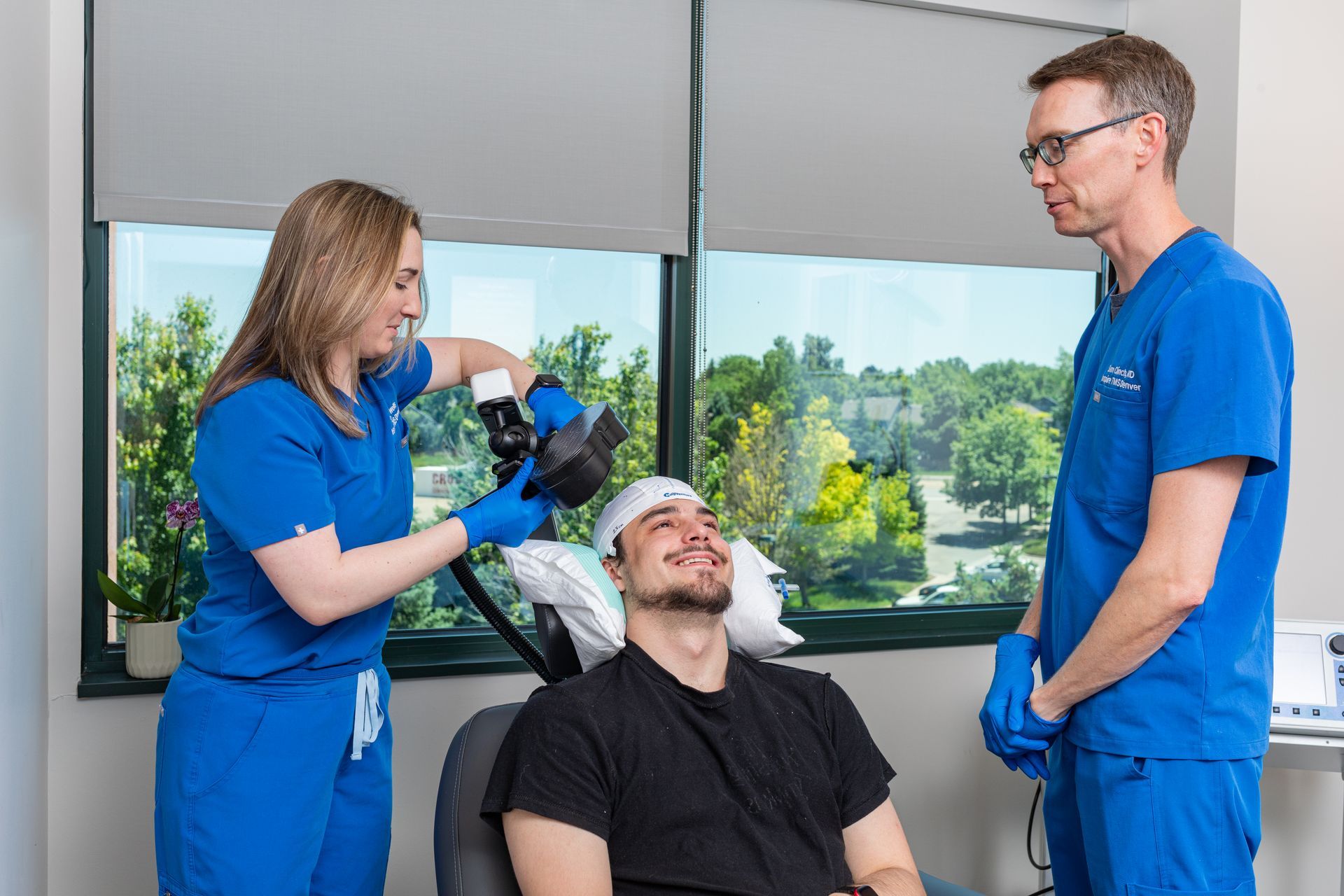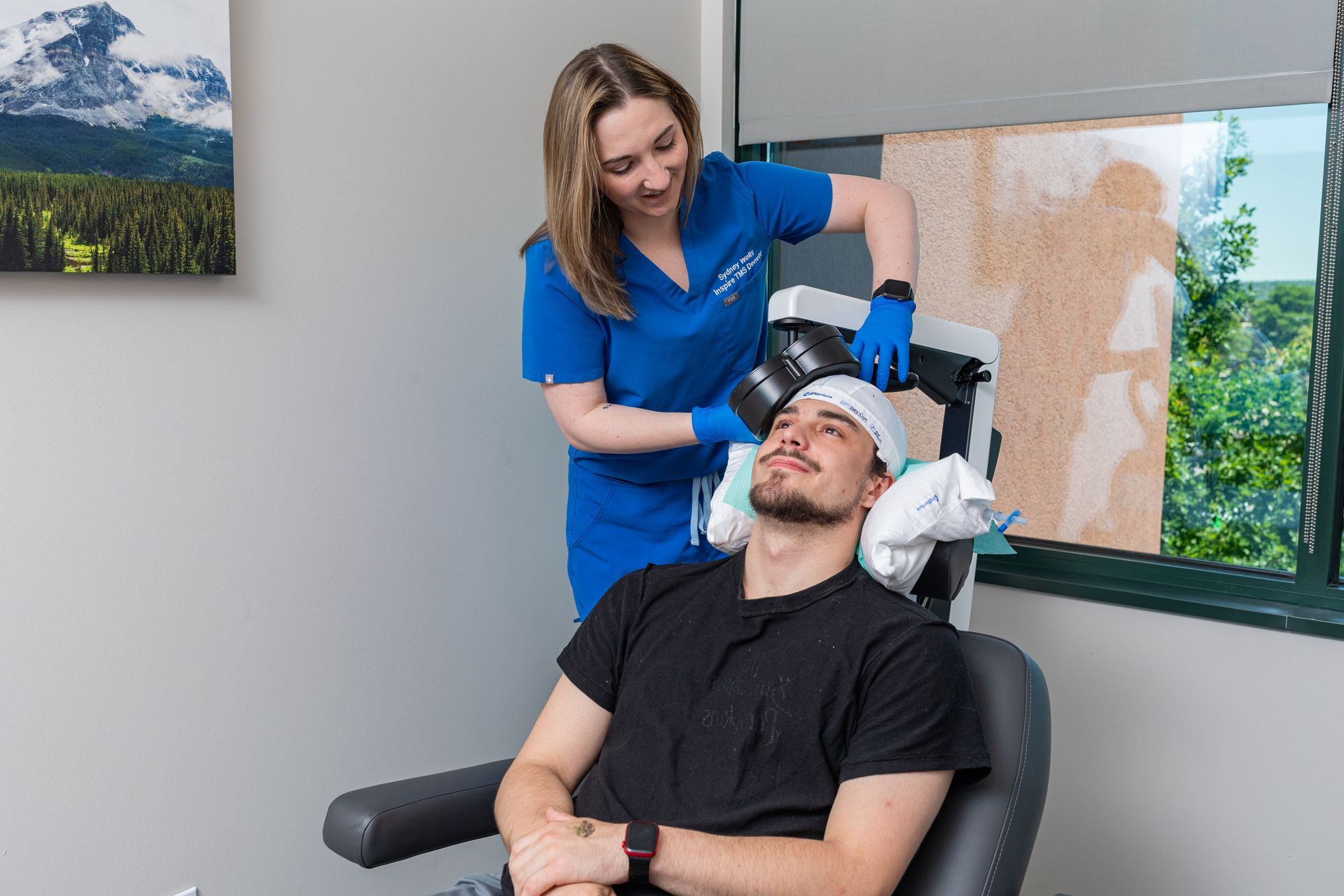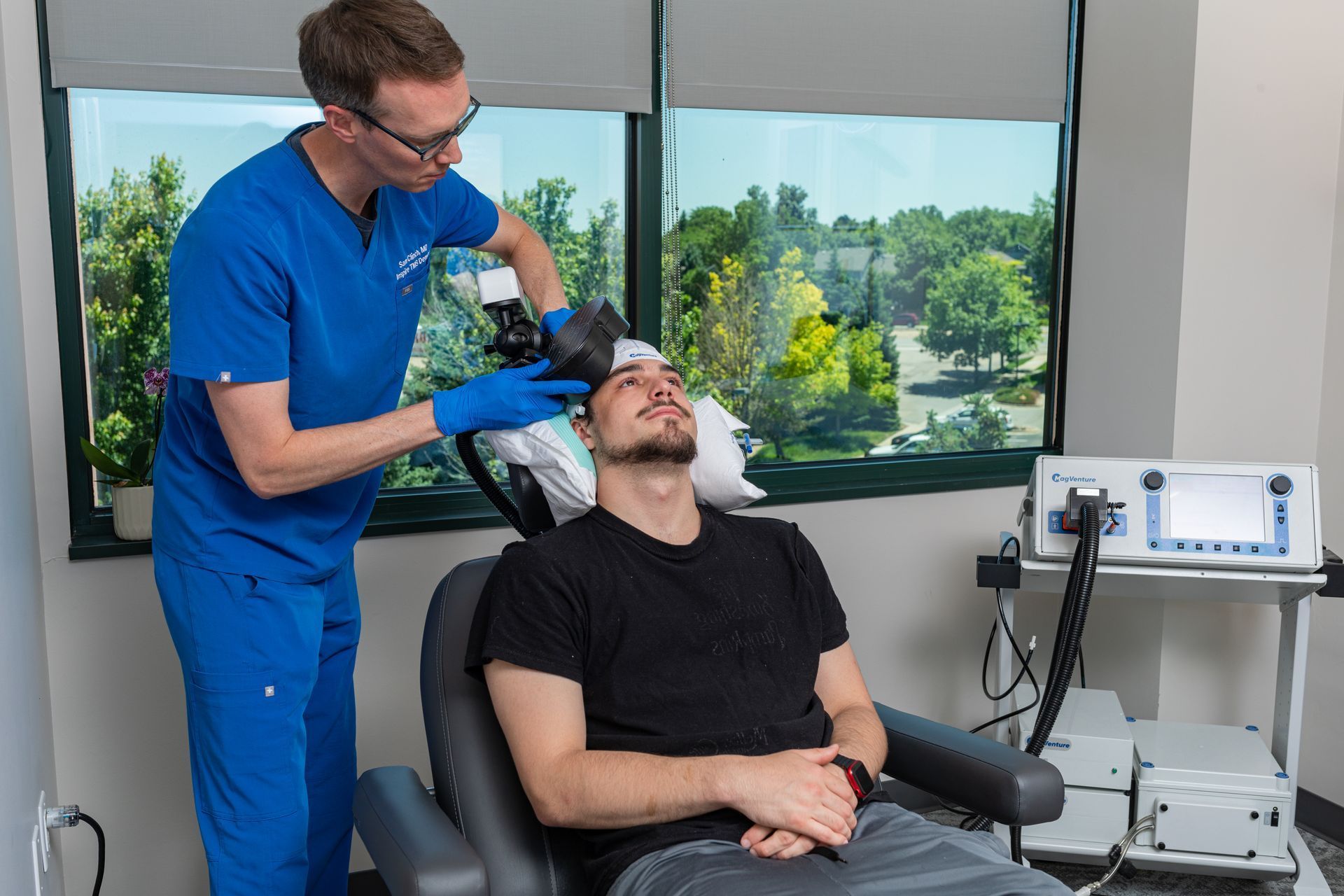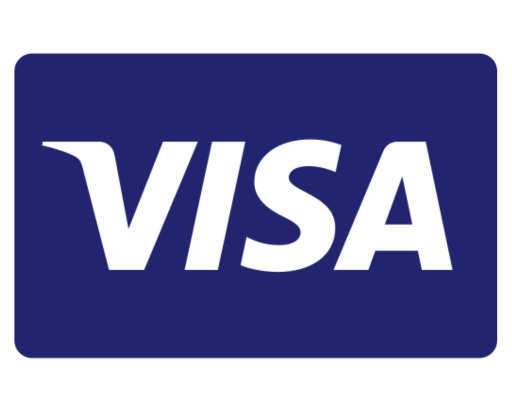How to Choose a Depression Treatment (TMS vs Ketamine vs Fisher Wallace + More)
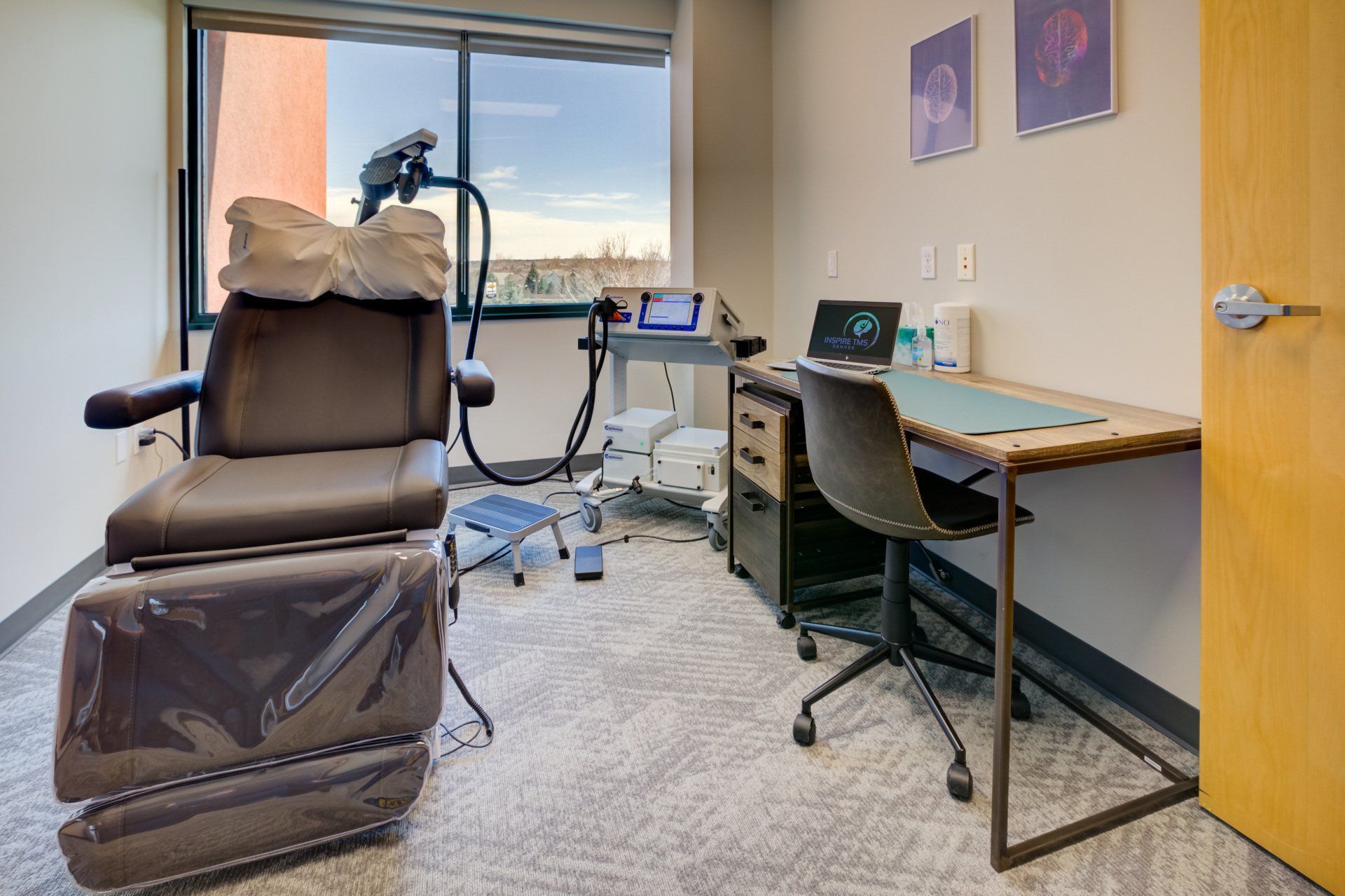
Comparing TMS, ECT, Ketamine, Fisher Wallace, Medication, and Psychotherapy
Depression is one of the most prevalent mental health disorders in the world. It can manifest in a myriad of ways, creating cognitive, behavioral, and physical difficulties for individuals. It is most commonly characterized by low mood, a loss of motivation to complete daily activities, and an absence of pleasure from previously enjoyed activities.
There are many ways in which depressive symptoms may impact someone. They may have experienced diminished daily functioning or a reduction in their quality of life. Mental health treatment has evolved significantly in recent years. This allows for individual symptom profiles and patient preferences to be accounted for.
From advanced brain stimulation treatment to more traditional approaches, like medication and psychotherapy, it is important to understand the differences to make informed decisions. This article compares six popular treatments for depressive symptoms - TMS, ECT, Ketamine, Fisher Wallace, Medication, and Psychotherapy.

Not Sure If Insurance Covers TMS?
Get a personalized estimate - see if you qualify for insurance and what you’d pay without coverage.
Overview of Treatment Options
1. Transcranial Magnetic Stimulation (TMS):
A non-invasive therapy that uses electromagnetic fields to stimulate neurons locally and modulate neural activity, primarily targeting treatment-resistant depression.
2. Electroconvulsive Therapy (ECT):
A medical procedure provided in a surgical setting involving global electrical stimulation of the brain and subsequent seizure under anesthesia, typically used for severe depression or cases with psychosis.
3. Ketamine Therapy:
Administered through IV infusion historically (also can be administered via IM injection, nasal insufflation, or via oral troches), IV Ketamine is an off-label treatment (FDA approval exists only for Esketamine/nasal insufflation) that can rapidly alleviate symptoms of depression, especially in treatment-resistant cases.
4. Fisher Wallace Device:
A wearable, at-home device that delivers mild electrical stimulation to superficial nerves with pathways back to the brain, to address anxiety, depression, and insomnia. This treatment is off-label and does not carry FDA approval, only FDA clearance - implying general safety for use. FDA approval requires rigorous studies proving evidence of efficacy in treating a certain condition. Fisher Wallace is not endorsed by the American Psychiatric Association or similar governing mental health bodies for the treatment of any psychiatric conditions.
5. Medication:
Pharmaceutical treatments, including antidepressants (eg. SSRIs, SNRIs) and other medications targeting neurochemical imbalances in the brain. Medications are utilized for a variety of mental health conditions, including depression.
6. Psychotherapy:
Talk therapies such as Cognitive Behavioral Therapy (CBT) or Dialectical Behavior Therapy (DBT), focusing on addressing underlying drivers or contributors to mental health symptoms and developing coping skills to manage these symptoms. Therapy is similarly utilized for a variety of mental health conditions, including depression.
Comparison Table
The level of commitment required, duration of treatment, and possible side effects are some key factors to help select the most suitable therapy. Here is a table highlighting these and other key features of popular depression treatments.
| Treatment | FDA Approval | Mechanism of Action | Duration | Sessions Required | Most common side Effects | Accessibility |
|---|---|---|---|---|---|---|
| TMS | Yes* | 3 to 18.5 minutes* | 36 to 50 sessions over 1 to 9 weeks* | 36 to 50 sessions over 1 to 9 weeks^ | Scalp discomfort, headache | Requires outpatient clinic visits |
| ECT | Yes | Direct electrical stimulation | 30 to 60 seconds, + lengthy recovery time day of treatment | 12 sessions over several weeks | Memory loss, nausea, headache, fatigue | Hospital/surgical setting required |
| Fisher Wallace | No | Superficial electrical stimulation | 20 minutes | Twice daily over at least a month | Headaches, fatigue, dizziness | Home-use device |
| Ketamine (IV infusions) | No | Pharmacological stimulation | 40 minutes | 6 to 10 sessions over 2 to 4 weeks | Numbness, dissociation, visual distortions | Requires IV infusion clinics |
| Medication | Yes | Pharmacological stimulation | N/A | May be taken up to multiple times a day for a variable period | Varied; sexual side effects, concentration problems, change in weight, rarely increased suicidality | Accessible from a local pharmacy with prescription |
| Psychotherapy | N/A | Psychotherapeutic change | 45 minutes to 1 hour* | Flexible; several times a month for a variable period | Temporary emotional discomfort | In-person or virtual appointment |
*Approved for treatment-resistant depression in adults and now adolescents (patients must have tried antidepressants without success)
*Variation in session duration, number of sessions, and treatment timeline is dependent on the protocol used. Learn more about the
different types of TMS.
*Dependent on the therapist.
Who Might Benefit from Each Treatment:
- TMS: Patients with treatment-resistant depression or those who prefer non-invasive options.
- ECT : Individuals with treatment-resistant depression, especially with psychosis or suicidal ideation, who are open to invasive techniques. See our direct comparison with TMS
- Fisher Wallace : Patients with mild symptoms who prefer a convenient at-home option. See our direct comparison with TMS
- Ketamine : Patients who desire rapid relief from depressive symptoms, especially suicidal thoughts. See our direct comparison with TMS
- Medication : Patients starting treatment with a range in severity of symptoms. Seeour direct comparison with TMS
- Psychotherapy : Individuals seeking to explore cognitive processes underlying mental health symptoms, the ways previous experiences may have shaped their current state, understand their behavioral tendencies, and develop coping mechanisms.
Making Your Choice
At Inspire TMS Denver, we understand the importance of making an informed decision and having autonomy in your mental health treatment plan. This is why we provide free brief consultations to allow us to help you understand TMS as a treatment option. We specialize in providing compassionate, personalized TMS care to help you achieve your mental health goals.
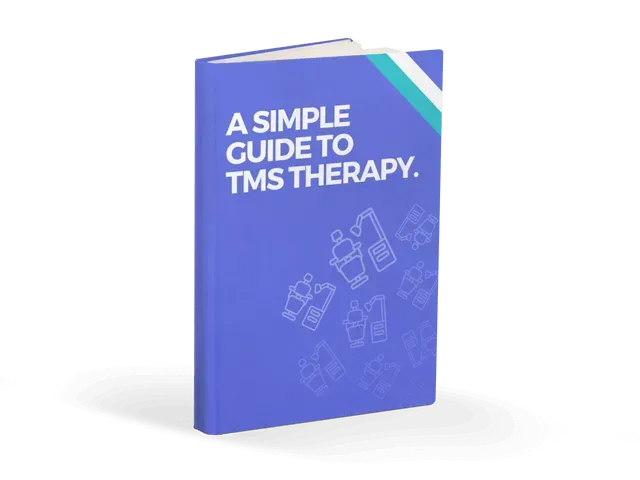
Every Question Answered
Want to know more about TMS? Check out this in-depth guide to TMS therapy with transparent and easy to understand explanations about TMS processes, protocols, and treated conditions.
Latest Posts

